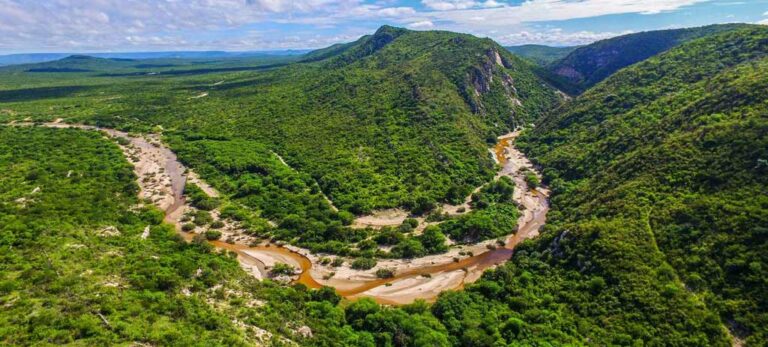The multilateral agency highlighted to include the Philippines and New Zealand in the network of sites recognized as geological heritage of international significance.
The 18 new designations have brought the network up to 195 UNESCO Global Geoparks in 48 countries, following an initiative approved in 2015 by the member states, which highlights ecosystems with extraordinary geological diversity, sustaining the biological and cultural diversity of the different regions.
The geoparks serve local communities by combining the conservation of their unique heritage with public outreach and sustainable development, the agency stated.
The network of global geoparks covers a worldwide surface area of almost 487,000 square kilometers.
ef/iff/ro/wmr










